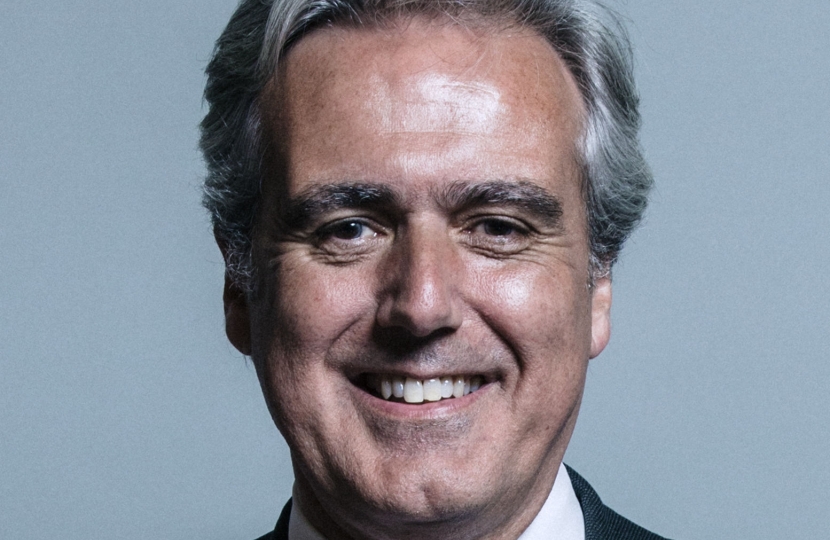
It has always been the case that students engage in political debate, but probably less so those in their A level years. I certainly remember in my A level years being completely agnostic towards politics – even though one of my predecessors at school was Sir William Beveridge, the father of the welfare state and in whose memory a political debating society had been established. But since we as politicians are, in the broadest sense, minding the shop for the next generation, it seems only right that we do what we can to engage the next generation in taking an interest.
That is why, three years ago, working with the ContinU Trust, we set up the Wyre Forest debating competition. Held between 8 schools – 6 from Wyre Forest, Kidderminster College and one school from outside the district – we set the overall topics and hold a series of heats, with a final, all held in one session.
The quality has increased steadily over the three years and I was expecting a good afternoon debating the various merits, or otherwise, of free trade (a subject that will become increasingly important as we leave the EU). Yet even with my position of greater expectations, I was amazed by just how involved and read-up the debaters were.
The participants were debating issues from free trade harming the environment, through multinational corporations being the beneficiaries of free trade over the wider populations to free trade spreading prosperity. These subjects were well researched and thought through, with a lot of useful data and arguments.
However, in amongst all the good stuff, there did occasionally slip through the odd bit of fake news. It certainly wasn’t an overwhelming amount, but every now and then there was a fact that was just plain wrong. I certainly wouldn’t expect every 17-year-old to be able to tell the difference between a true fact and a fake fact, but whilst listening to the points being made, it struck me that arguments based on wrong information can lead to the wrong outcomes. As an MP, we see in our mail bags a huge number of conclusions drawn from wrong data and fake news.
Despite that, all who participated worked hard with the data they had, and performed incredibly well. It was very difficult to choose the winner, but Baxter College pulled ahead. But listening to the next generation talking about current affairs, I never fail to be optimistic for the future.
